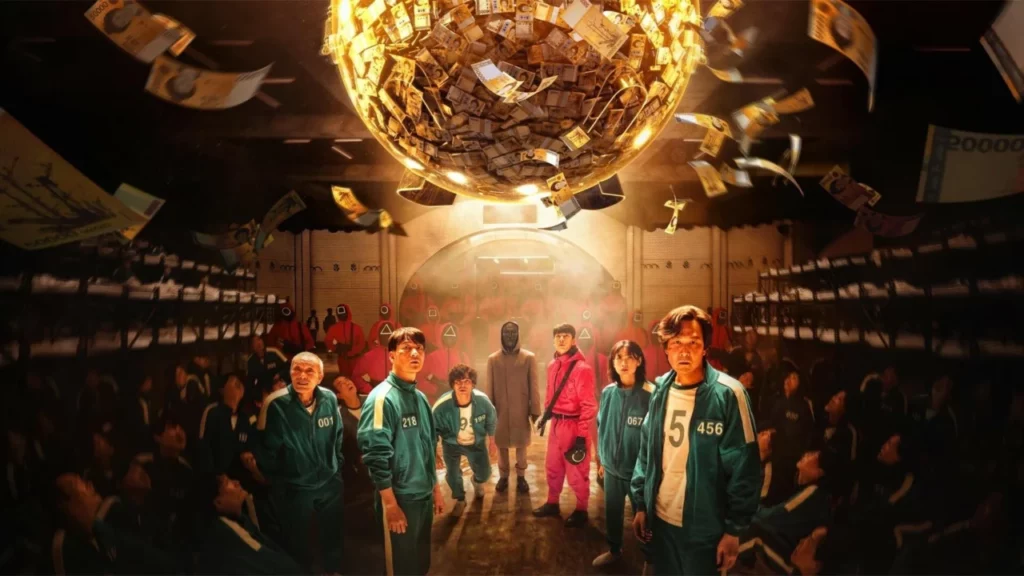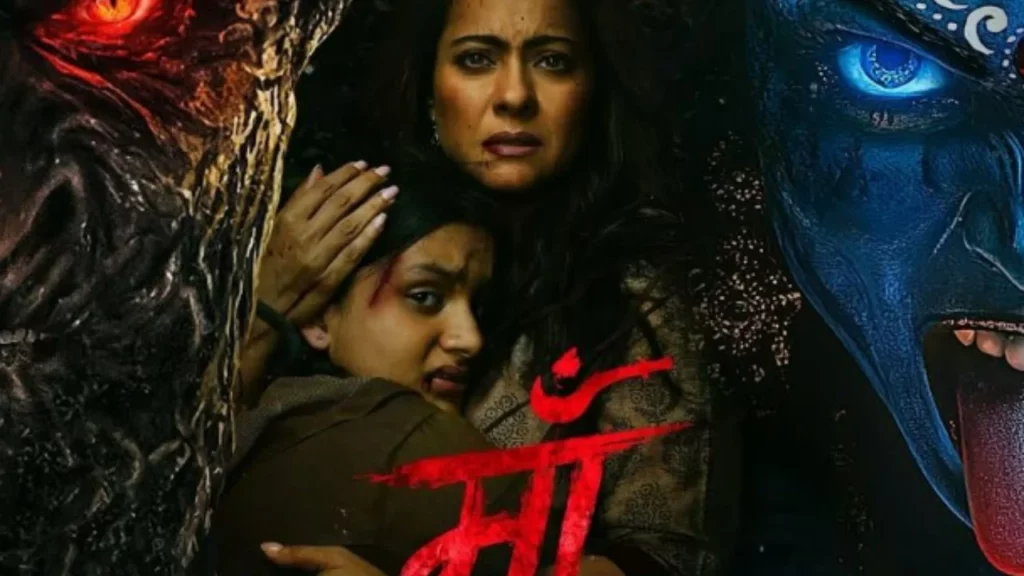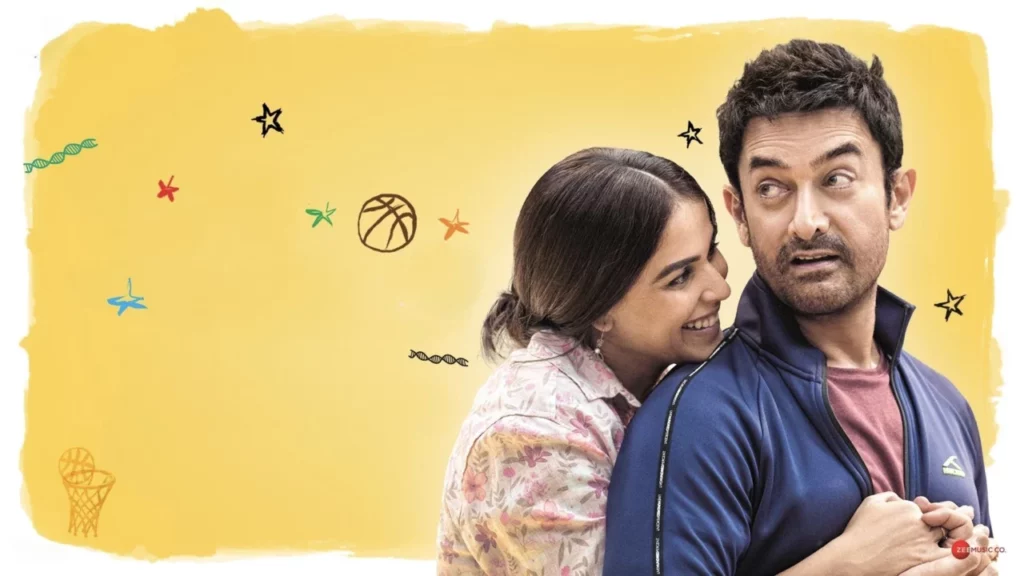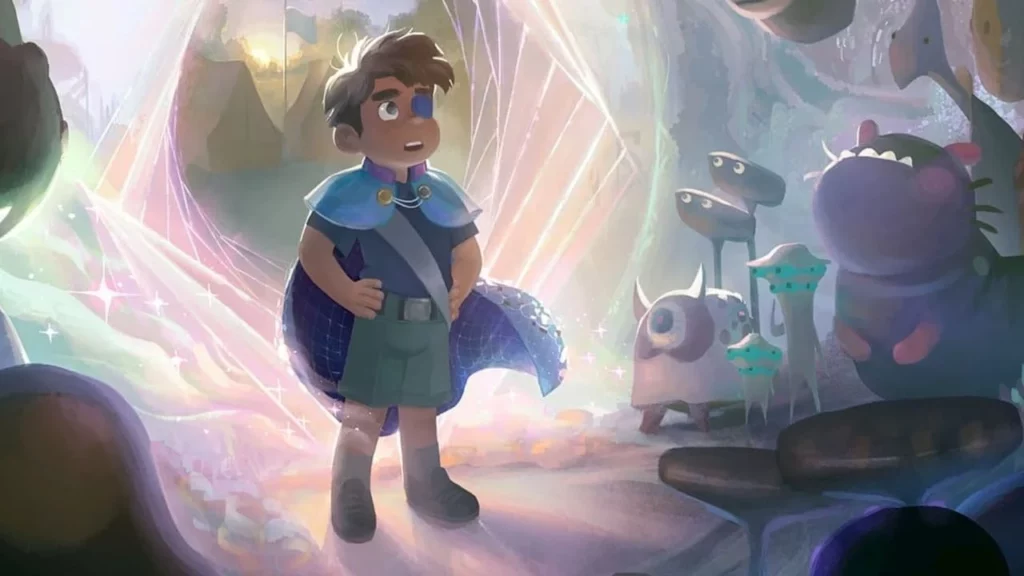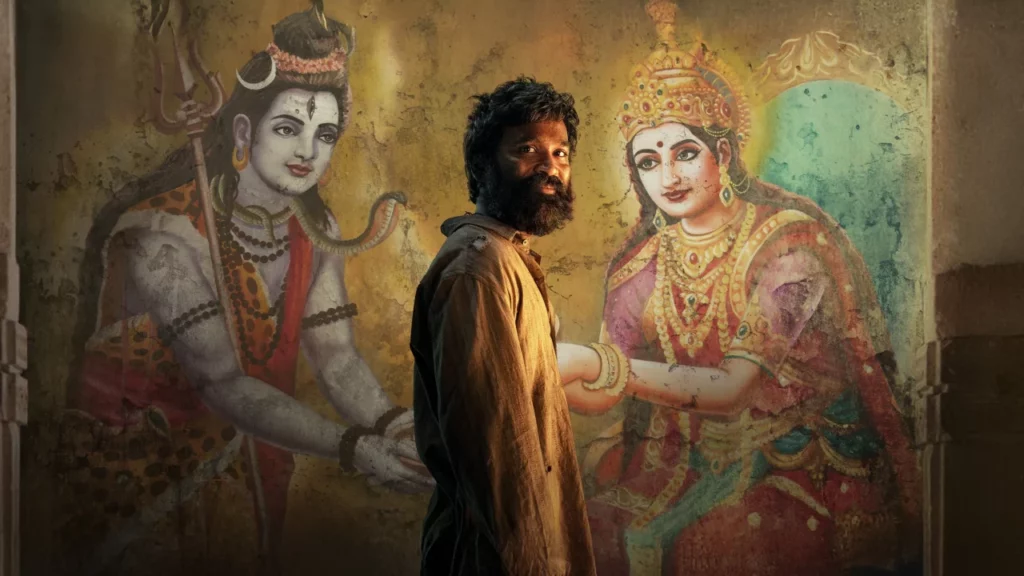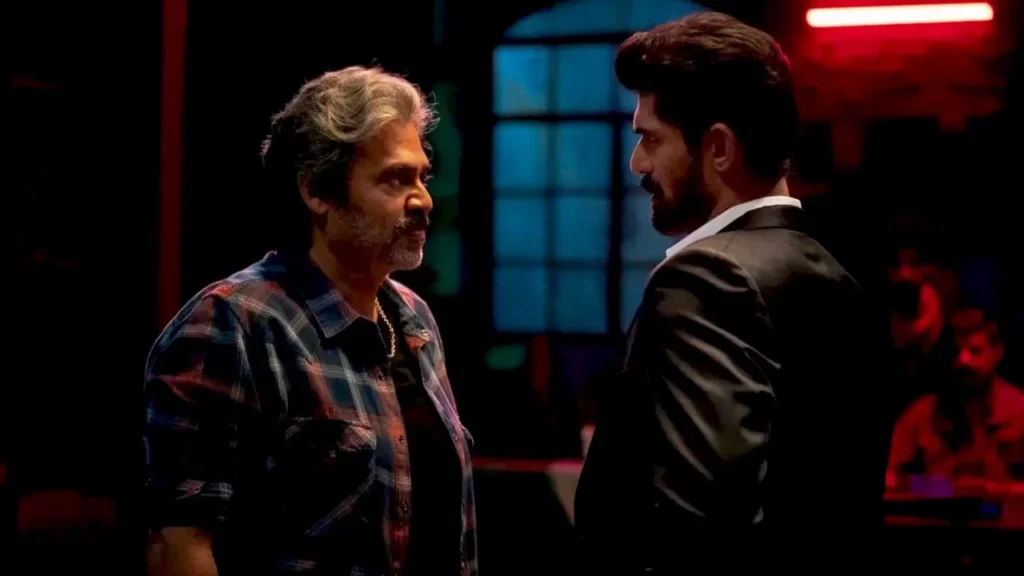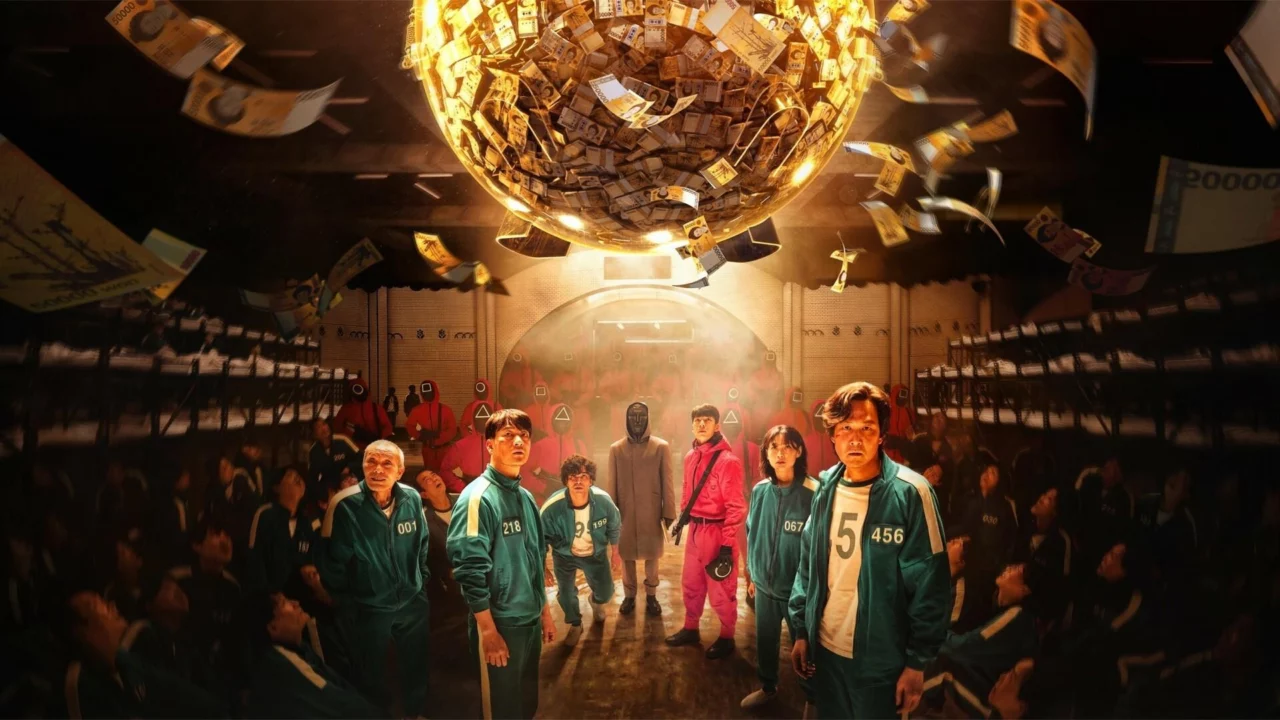
Squid Game Season 3 (2025) Web Series: A Satisfying Yet Bittersweet Conclusion
Netflix’s global hit reaches its dramatic end with Squid Game Season 3, marking the finale of one of the most influential Korean dramas in streaming history. The third and final season premiered on June 27, 2025, bringing the deadly games to their ultimate resolution.
Created by Hwang Dong-hyuk, this psychological thriller continues exploring themes of economic inequality and human desperation. The season stars Lee Jung-jae reprising his role as Seong Gi-hun alongside Lee Byung-hun as the Front Man.

Plot and Storyline
Season 3 picks up directly from Season 2’s cliffhanger, with Gi-hun facing the consequences of his revolutionary actions. The narrative focuses on the ultimate showdown between players and the system that trapped them in this deadly cycle.
The storyline maintains the series’ trademark psychological complexity, exploring how ordinary people react when pushed to their limits. The games become more intricate and emotionally challenging, reflecting the heightened stakes of this final season.
What sets this season apart is its focus on resolution rather than setup. Unlike previous seasons that introduced new mysteries, Season 3 dedicates itself to providing closure to various plot threads.
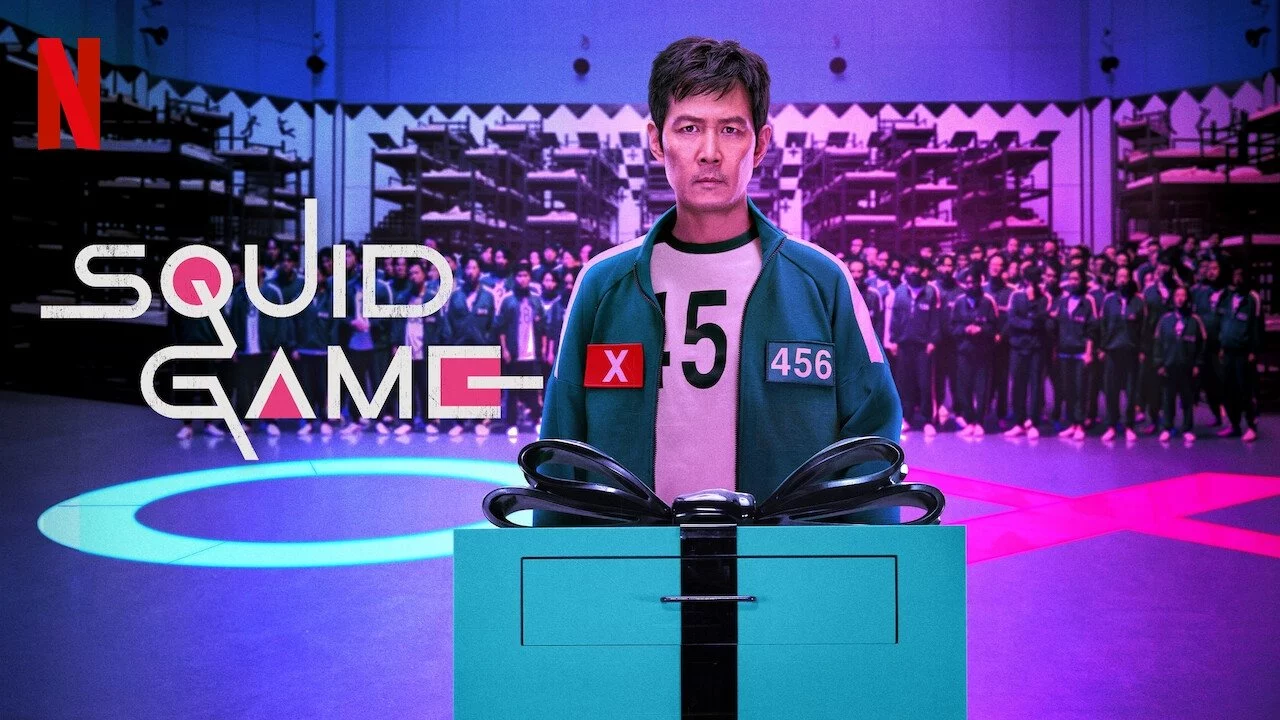
Cast Performance
Lee Jung-jae delivers another powerhouse performance as Gi-hun, showcasing the character’s evolution from desperate participant to reluctant leader. His portrayal captures the weight of trauma and responsibility that comes with surviving the games.
Lee Byung-hun’s return as the Front Man provides the perfect antagonistic force for the season’s climactic confrontations. His performance balances menace with a strange sense of duty, creating a complex villain.
The supporting cast delivers equally compelling performances, with each actor bringing depth to their roles. The ensemble work creates a believable sense of desperation and camaraderie among the players.
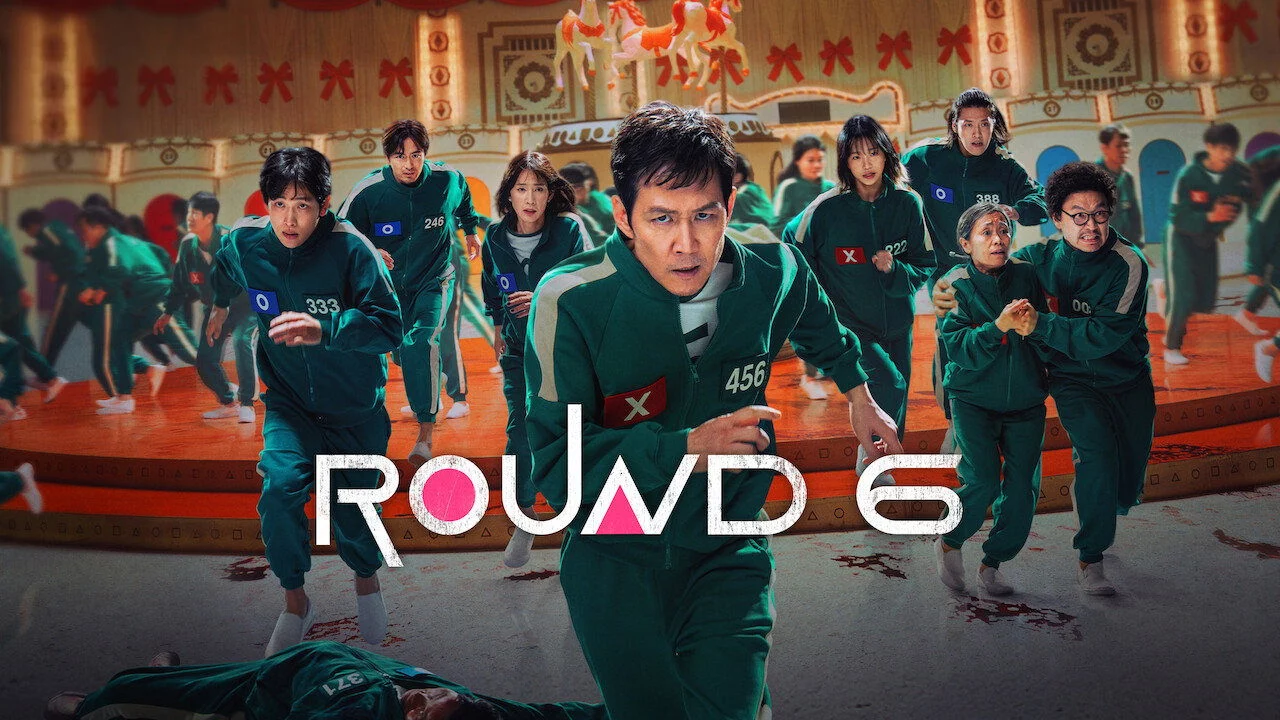
Visual Excellence and Production Values
The production design maintains the series’ distinctive aesthetic, with colorful, childlike game environments contrasting sharply with the brutal reality. The visual storytelling has become more sophisticated, using color psychology to enhance narrative tension.
The costume design continues playing a crucial role, with the iconic green tracksuits and pink guard uniforms serving as powerful visual symbols. The attention to detail creates an immersive world that feels both fantastical and disturbingly plausible.
Special effects are used sparingly but effectively, enhancing rather than overwhelming the practical elements. The sound design creates an atmosphere of constant tension through carefully crafted audio cues.
Direction and Creative Vision
Hwang Dong-hyuk’s direction brings completion to his ambitious vision while maintaining the social commentary that made the series culturally significant. His ability to balance entertainment with deeper meaning remains sharp.
The director’s understanding of visual symbolism continues enhancing storytelling, with each frame carefully composed to support narrative themes. His work with actors draws out nuanced performances that serve the story’s emotional core.
The series maintains its unique tone throughout, blending dark humor with genuine horror in ways that feel natural. This tonal consistency helps maintain the show’s identity.
Critical Reception and Popular Reviews
Metacritic gave Season 3 a score of 70 out of 100 based on 10 critics, indicating generally favorable reviews. Critics praised the series for delivering a satisfying conclusion while maintaining quality.
The season made its global debut in New York to a standing ovation following the premiere screening. Professional critics noted the series’ ability to conclude its complex narrative without losing social commentary.
Public reviews have been generally positive, with fans appreciating the closure provided to character arcs. Some viewers noted that while the season provides satisfying answers, the emotional weight is substantial.
What I Liked About Season 3
I found the character development particularly strong in this final season. The writing successfully balances multiple character arcs while building toward a climactic conclusion that feels earned. The performances demonstrate the cast’s deep understanding of their roles.
The production values remain consistently high, with visual design that supports storytelling perfectly. I appreciated how the series maintains its unique identity while evolving the concept naturally for the conclusion.
The social commentary stays sharp and relevant, addressing contemporary issues through this dystopian narrative. The series doesn’t shy away from difficult questions about inequality and human nature.
Areas That Could Be Better
While the season provides satisfying closure, some plot threads feel slightly rushed. The pacing occasionally sacrifices character development for plot advancement, particularly in middle episodes where storylines converge rapidly.
The series sometimes relies heavily on shock value, which can overshadow more subtle character moments. The final season might have benefited from more quiet, reflective scenes to balance intense action.
Certain supporting characters deserve more screen time to fully develop their arcs, though this is understandable given the limited episode count.
Final Verdict
Squid Game Season 3 successfully concludes one of Netflix’s most culturally significant series with a final season that honors the show’s legacy. The combination of strong performances, solid direction, and high production values creates an engaging conclusion.
The season succeeds in delivering both entertainment value and social commentary, maintaining the balance that made the series a global phenomenon. While some narrative elements feel rushed, the overall execution demonstrates the creative team’s commitment.
For fans of the series, Season 3 provides the closure they’ve been seeking while maintaining the quality that defined previous seasons. It stands as a worthy conclusion to a series that changed international television.
Rating: 4/5

